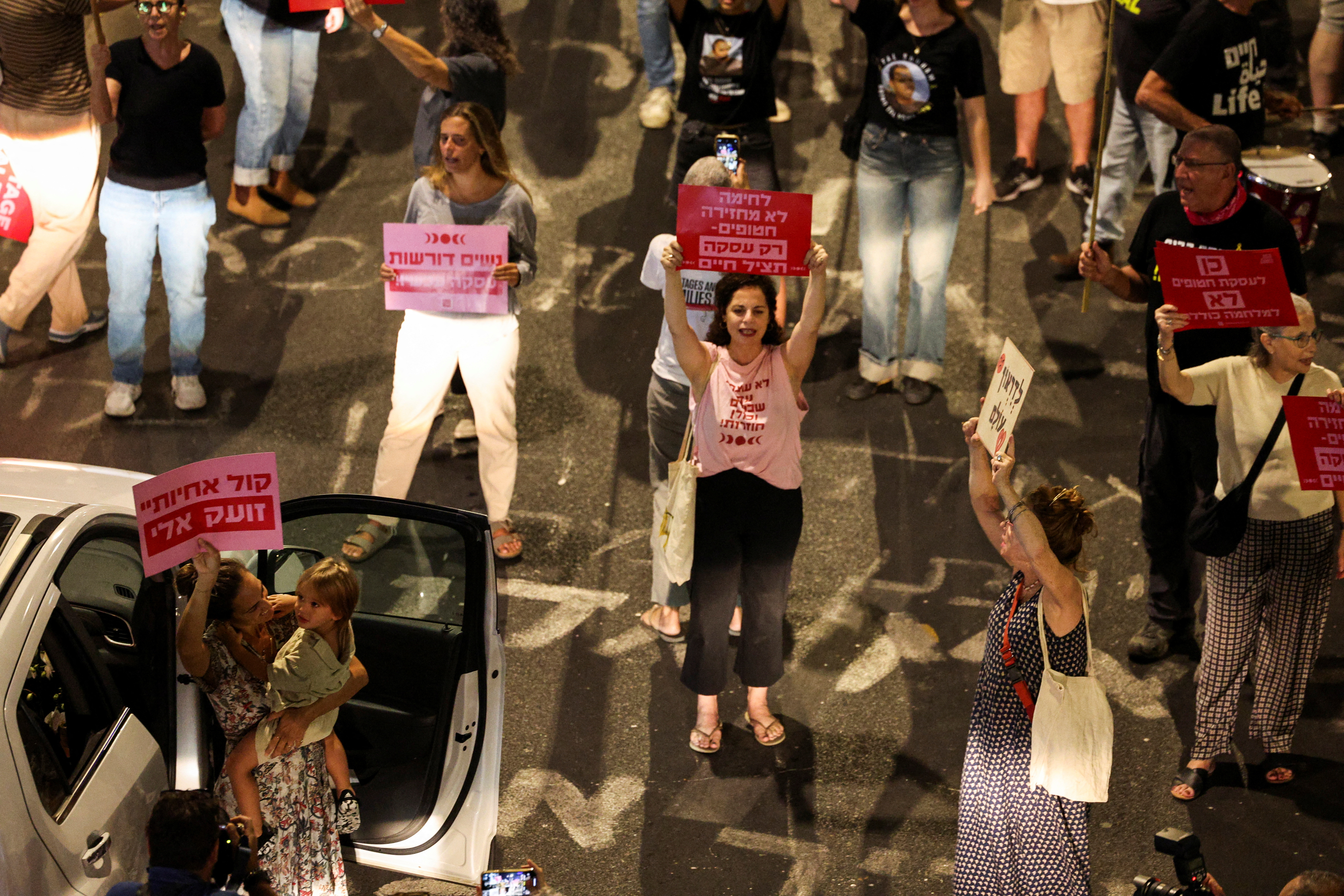By Loukis Skaliotis
A lot has been written about the long-running Israeli-Palestinian conflict with the recent anniversary of October 7, 2023 in mind.
I have found two articles in the Guardian, one from a Jewish journalist (Jonathan Freedland, “There is a yawning gap between how the world sees Israel and how Israelis see themselves”, October 4) and the other from a Palestinian journalist (Arwa Mahdawi, “As a Palestinian living in the US, I have lost friends, job opportunities – and my faith in humanity” October 6) particularly intriguing. I have been reading their articles over the years and they seemed to me like-minded in their philosophy and outlook on a lot of issues.
Yet, when it came to the Israeli-Palestinian conflict, and more specifically the events that began with the October 7 atrocities, you can sense the agony of both trying to rationalise the positions of the tribes they belong to and find ways to justify their overall stance while at the same time condemning specific events.
Being part of a tribe is something you cannot easily control. We are born into one, while the sense of belonging to that membership of a tribe brings makes a lot of people stick with a group throughout their lives, even though sometimes they do not identify with everything the group represents.
Trying to empathise with the emotions of the two individuals above you find yourself in a dilemma, especially if you do not belong to either tribe. The attempt to be drawn into sharing this experience needs to be cautiously managed if we are to seek a way out of the catastrophe the two sides have suffered in the past year. The one thing I am sure the two individuals will definitely agree on is that events like those of October 7 should never happen again. The present Israeli government seems to think that the way to achieve this is by engaging in war – or to use the weird phrase, de-escalate through escalation – and consequently any death and suffering this creates is justified.
I do not share that view. Setting aside the moral arguments for the moment, the belief that the Israeli government expresses that this is the only way to prevent new bloodshed is simply not born out by history. And this time once again, it will not be any different. Yet, to be able to respond to what alternative is on offer one needs to admit that the world community has failed to provide an answer.
The UN has failed to play its role effectively either in preventing the conflict erupting again, or in finding a way to cease hostilities. This is not for lack of identifying what needs to be done. The recent editorial in the Observer (“The Observer view on the Middle East: a year on, there is only one way to a credible peace,” October 6), which was further articulated by Ehud Olmert and Nasser al-Kidwa (former prime minister of Israel and former Palestinian foreign minister respectively) in a Financial Times article on October 4, paint a clear picture of the path that needs to be followed. It is the lack of being able to effectively enforce this that is the problem.
The League of Nations which was formed after the end of WWI was an attempt at cooperation among countries to prevent another major war. It failed exactly because it was also toothless to enforce any solutions, something which unavoidably led to WWII. The UN which arose after the end of WWII was supposed to be better designed. Yet we see today that it too has failed, and the danger of another major war spiralling out of the Middle East and Ukrainian conflicts is extremely clear.
We need to remodel the UN to be fit for purpose. The US whose military power allowed it to play the role of world policeman cannot be relied upon, as both the pursuit of its own interests as well as inconsistent stance, make it an unreliable watchdog.
Nobody is suggesting here that restructuring the UN to play this role is an easy prospect. But nations must be held to account for actions that the overwhelming world community considers as crimes against humanity. Perhaps this should have taken place with the end of the Cold War, where fresh rules needed to be set up to deal with the new world order. Nevertheless, the discussion needs to start now. It may not get us out of the immediate problems in the Middle East, Ukraine, or Sudan for that matter. Yet let us hope that it comes before another world war marks it as another belated attempt at addressing our failures.
Loukis Skaliotis is an economist







Click here to change your cookie preferences